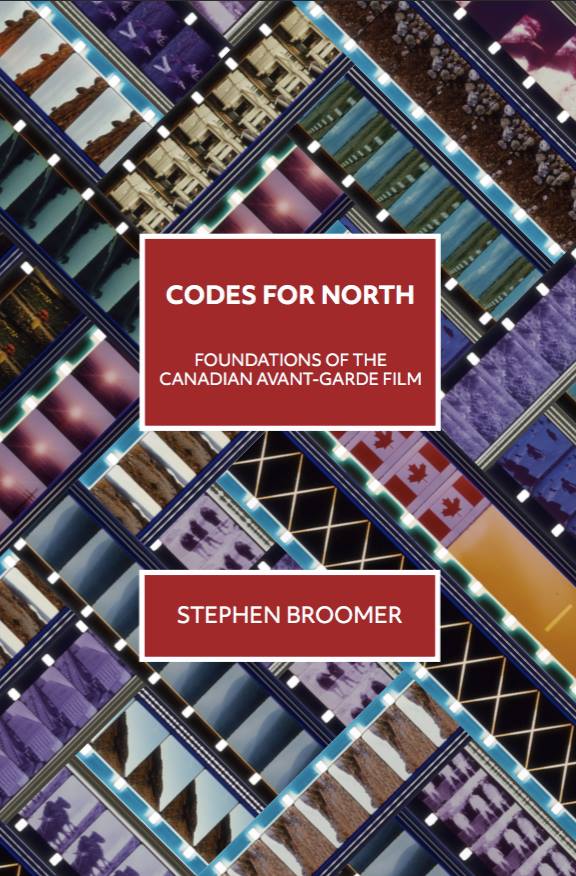Description
Codes for North: Foundations of the Canadian Avant-Garde Film
Author/Editor: Stephen Broomer
CONTENTS
Codes for North: Foundations of the Canadian Avant-Garde Film locates the roots of Canadian avant-garde cinema in an aesthetic of difficulty, traced through the works of three artists: Jack Chambers, Michael Snow and Joyce Wieland. Broomer covers the evolution of their art from their early development as painters in the 1950s through the creation of their epic films: Reason over Passion (Wieland, 1969), The Hart of London (Chambers, 1970) and La Region Centrale (Snow, 1971). Their work formed in response to a strain of Neo-Dada that took root in Southern Ontario in the late 1950s. From this they developed their individual practices, in directions marked by the purposeful difficulty of late modernism.
For Chambers, that difficulty lay in the interstices between lyricism and outrage, and the rare, transformative experiences of heightened perception. For Wieland, purposeful difficulty came in a collision of earnestness and wit to compose a deeply ironic, militant sentimentality. And for Snow, difficulty formed in the flexible rules of an invented game, self-prescribed boundaries within which to improvise. These artists focused their individual energies on creating major works that were not only cumulative achievements of purposeful difficulty, but which were also distinctively about Canada the ephemeral – a nation wrestling with its identity, its cultural sovereignty, and its future.
Contents:
Acknowledgements
Forward by Seth Feldman
Introduction: The Invention of Difficulty
Part One: Homecomings
- Jack Chambers: Gesturing in the Invisible
- Michael Snow: Signs and Silhouettes
- Joyce Wieland: Ars Longa, Vita Breva
Part Two: The Absolute Films
- Careful Symmetries: Jack Chambers’ The Hart of London (1970)
- Glowing Hearts: Joyce Wieland’s Reason Over Passion (1969)
- The Untethered Eye: Michael Snow’s La Region Centrale (1971)
Post-Script: Difficulty and After
